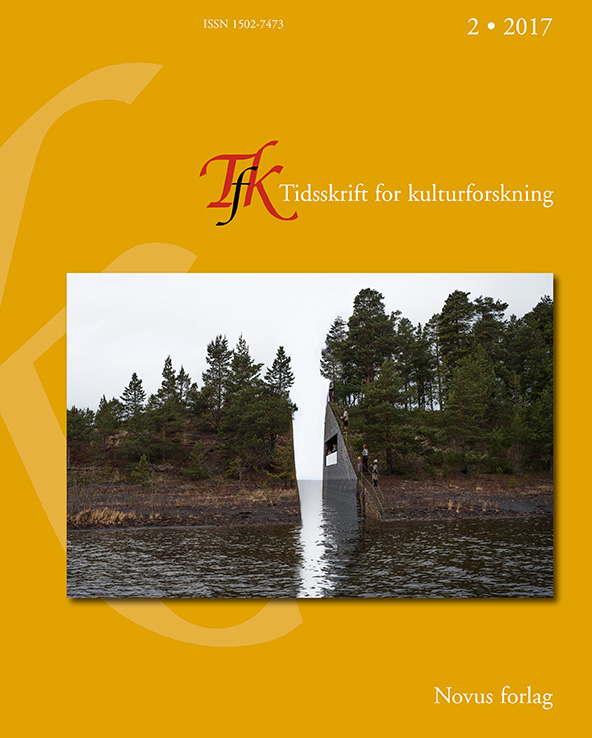Sammendrag
In 2011, about 350 years after the time of witch trials in Sweden, an invitation for taking parts in the witches' Sabbath at Blåkulla spread on Facebook. Almost 120 000 participants, mostly women, registered to the event, and more than 13 000 wrote that they will maybe join the event. The Facebook event has then been reiterated every year. Based on this example of digital Easter celebration, this article discusses folklore in social media and how traditional legends are told and retold, shaped and reshaped and adapted to a new medium.    Bearing in mind the place of folklore in our contemporary media landscape and the emergence of new digital practices, we believe that folklorists have an essential role to play in studying these practices and their implications. For instance, in what ways can social media be an arena for (re)-telling, transformation and research of traditional legends?    Based on this case-study of the Facebook event Party at Blåkulla, we also discuss how folkloristics and folklore scholars can contribute to new insights in the understanding of digital culture through the study of core concepts in our field: tradition, context and communication.Â

